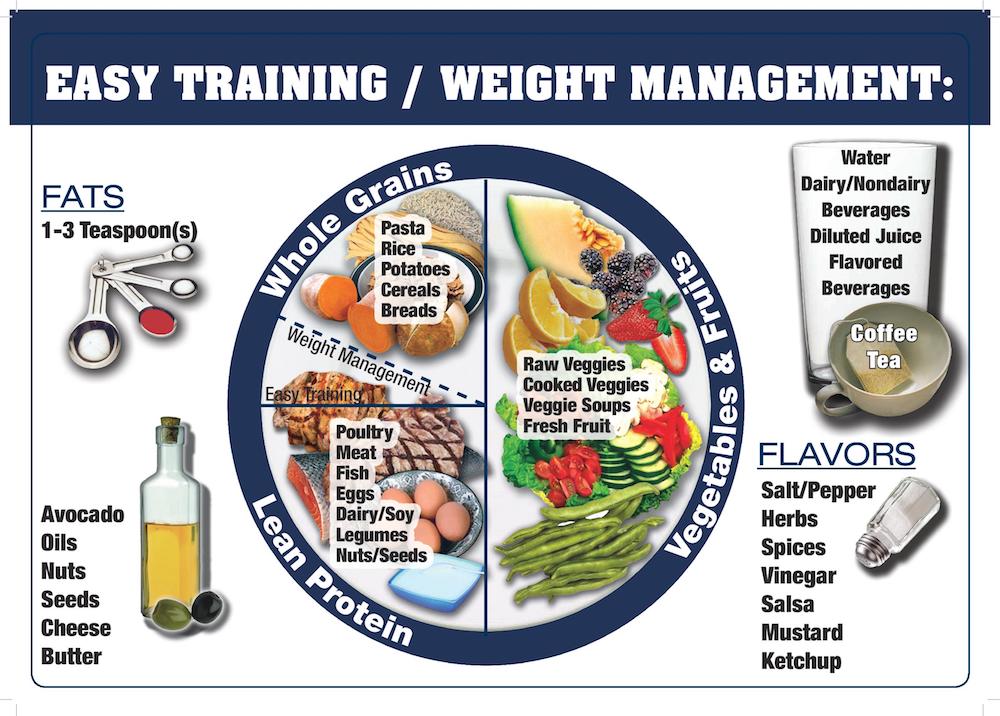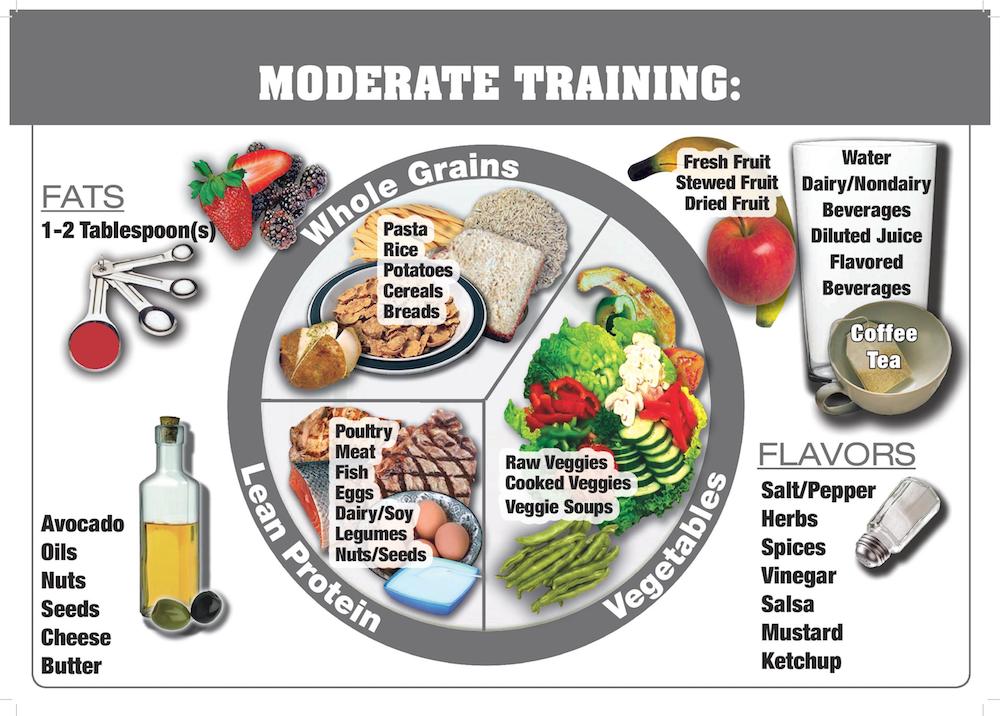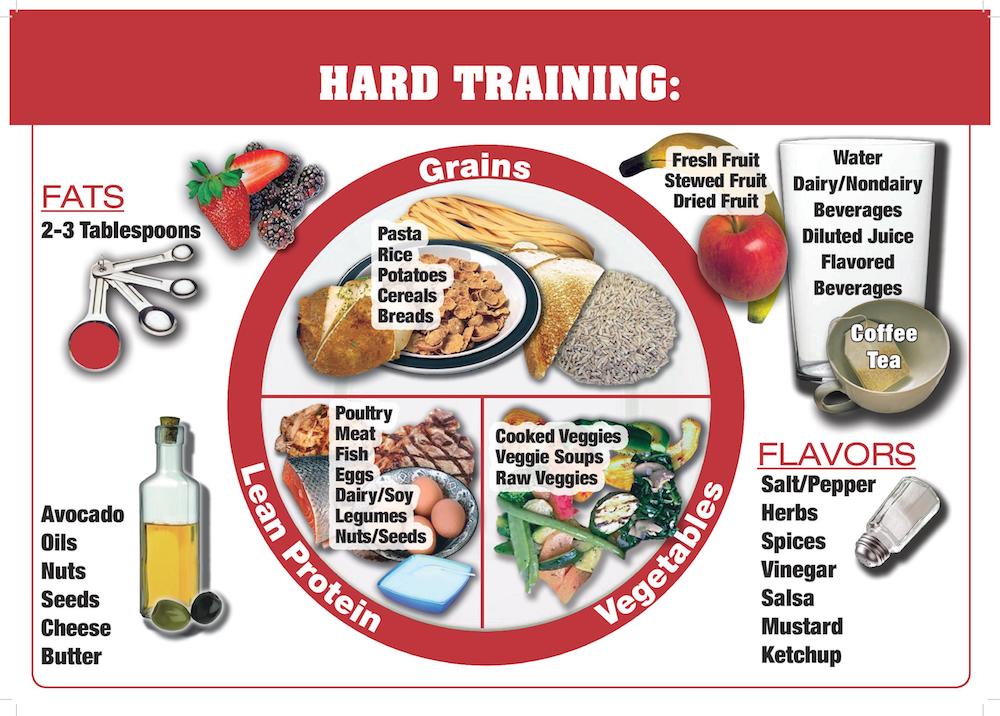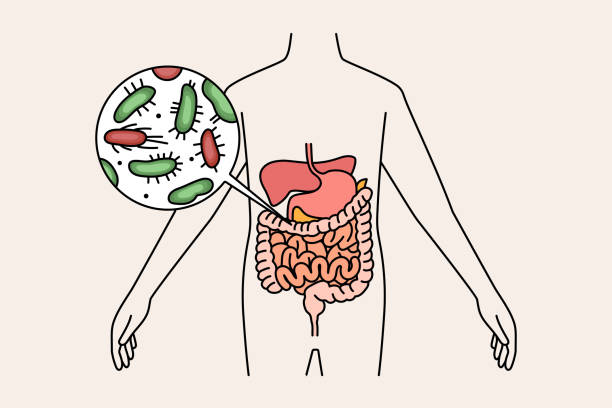Nutrition strategies for long distance triathlons

Nutrition and triathlon training:
Energy and nutrient needs fluctuate throughout the training season. The following visuals can guide you in balancing your nutrition based on where you are in your training cycle:



During workout nutrition:
Carbs | Men | Women |
Workouts over 75 min to 2.5 hours | 60-70g per hour | 30-60g per hour |
Workouts over 2.5 hours | 90g per hour | 90g per hour |
***It is recommended to take in these carbohydrate amounts in 15-30g doses every 40-50 minutes or so for most traditional sports nutrition fueling products. Typical gels contain about 20-30g carbohydrate per gel, which makes this convenient for fueling.
Hydration:
400-800mL of fluid per hour
300-600 mg of sodium per hour. Athletes with saltier sweat may need up to 1200mg of sodium per hour.
100-200mg of potassium per hour.
Example: 500mL of sports drink + 500mL of water + 2 salt sticks
how much carbs do I need for a 70.3 ironman or full ironman:
Examples:
- 4 cups of sports drink: 80 grams
- 2 cereal bars: 60 grams
- 2 slices of bread with jam: 45 grams
- 2 cups of steamed rice: 120 grams
- 4 pieces of fruit: 60 grams
- 2 cups of orange juice: 60 grams
- 2 cups of cooked pasta: 60 grams
- 2 cups of skim milk: 30 grams
- 2 cups of breakfast cereal: 180 grams
- 1 cup of soda: 30 grams
What should I eat on race day?
The recommendation is to consume a breakfast containing between 1 and 2 grams of carbohydrates per kilogram of body weight 1 to 4 hours before competing. This breakfast should include foods that the athlete is familiar with and knows they digest well. For a 70 kg athlete, this would amount to between 70 and 140 grams of carbohydrates.
Example:
1 banana: 30g
1 slice of bread with jelly: 30g
750mL of sports drink with sugar: 30g
1 gel: 30g
Nutrition during the Competition:
Eating during competitions is crucial for maintaining adequate muscle glycogen levels, having enough energy to complete the event, and avoiding hunger that can lead to fatigue.
In half Ironmans and full Ironmans, proper nutrition during the race plays a very important role in the athlete's performance.
For Ironman and half Ironman, it is recommended to consume between 1 and 1.5 grams of carbohydrates per kilogram of body weight per hour. For example, a person weighing 70 kg would need to consume between 70 and 100 grams of carbohydrates per hour.
In a triathlon, the bike segment is the most practical time to hydrate and fuel properly. Athletes should anticipate and prepare the foods they will consume.
Recovery:
It is very important for triathletes to eat well after their training sessions or competitions to ensure proper recovery, replenish tissues, and avoid injuries. Hydrate well with water and electrolytes, eat a full balance meal including carbs, protein, healthy fat and fruit and veggies as soon as you can and rest.
Conclusion:
Nutrition is a cornerstone of successful long-distance triathlon performance. From pre-race carbohydrate loading to during-race fueling and post-event recovery, each phase of your nutritional strategy plays a crucial role in maximizing endurance, optimizing performance, and supporting recovery. By understanding and implementing these nutritional principles, you can enhance your training and race-day outcomes, ensuring that you’re well-prepared to tackle the challenges of triathlon.
I hope you found this article informative and useful for your triathlon journey. Whether you’re gearing up for your first Ironman or refining your strategy for your next race, proper nutrition can make all the difference. If you have any questions or need further guidance, feel free to reach out. Best of luck with your training and races—may you achieve your goals and cross the finish line with confidence and strength!
References:
Burke L. Cycling and triathlon. In Practical Sports Nutrition, Champaign, Illinois: Human Kinetics, 2007, Chapter 4.Frentsos JA, Baer JT. Increased energy and nutrient intake during training and competition improves elite triathletes' endurance performance. Int J Sport Nutr; 7: 61-71, 1997.
Hawley JA, Schabort EJ, Noakes TD, Dennis SC. Carbohydrate-loading and exercise performance. An update. Sports Med; 24: 73-81, 1997.
Jeukendrup AE, Jentjens RL, Moseley L. Nutritional considerations in triathlon. Sports Med; 35: 163-181, 2005.





